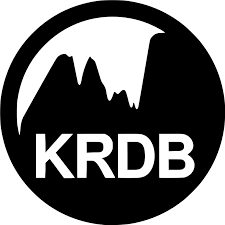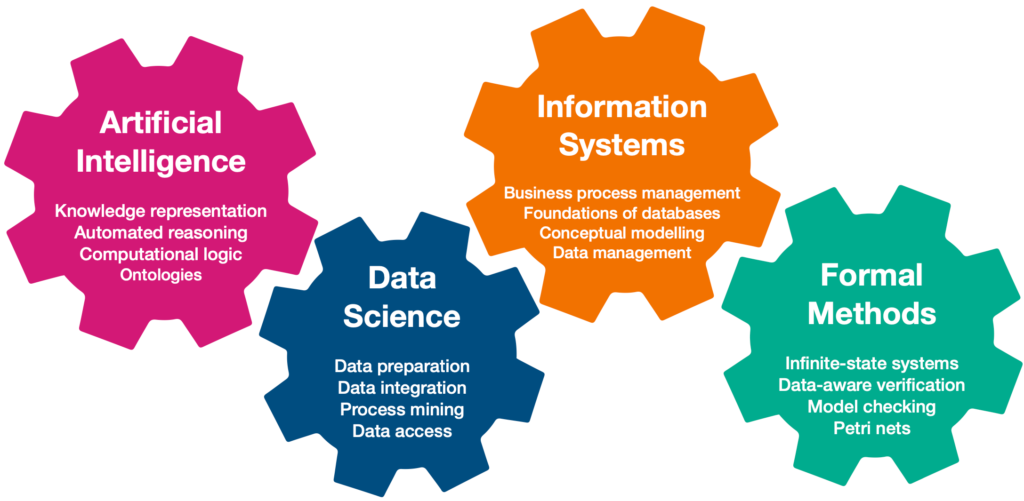We develop foundational and applied techniques grounded in artificial intelligence, logics, and formal methods, to design, analyse, enact, and maintain intelligent information systems that combine data, information, knowledge, and processes.
The KRDB research area for Knowledge and Data (director: Oliver Kutz, web site: http://krdb.eu) has a world-leading expertise in several scientific areas, each of them capturing innovative aspects of Knowledge Representation and Advanced Database technologies:
- Data preparation
- semantic interoperability and data integration
- data preparation for analytics based on semantic metadata
- database restructuring to enable intelligent business processes
- intelligent information system deployment and maintenance
- Conceptual modelling
- conceptual and ontology modelling for system design
- intelligent information systems that combine data, information, knowledge, and processes
- Semantic data access
- semantic-based intelligent access to data
- natural language interfaces to knowledge
- Process modelling and mining
- business process modelling and process mining
- Reasoning techniques and tools
- formal and cognitive foundations of knowledge representation and reasoning
- data and web standards
The coverage of these scientific areas is quite vast, and involves both theoretical and applicative skills: the appropriate balance between these two aspects can provide a unique added value to the research area. The goal of the KRDB research area is to let practitioners to apply foundational results, and push theoreticians to understand the complex nature of the real issues. This can be achieved together with a research group which has a critical mass to include a variety of perspectives in the entire range from theory to practice. The interdisciplinary aspects of this research area are also crucial: together with the theory vs practice aspect, these are system aspects, methodological aspects, interaction and communication aspects, usability aspects, complexity aspects, correctness aspects, efficiency aspects, deployability aspects.
“We are drowning in information but starved for knowledge” — John Naisbitt, Megatrends
Data preparation at KRDB
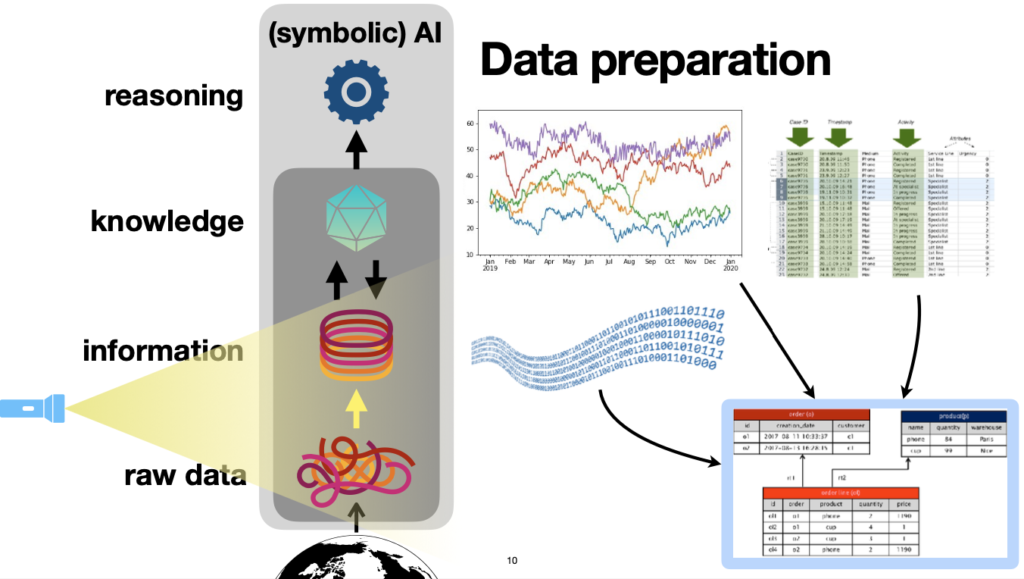
Research activities:
- Reverse Engineering Conceptual Models from databases, data streams, semi-structured documents
- Data Integration and Interoperability
- Semantic Web technologies
- Analysis of data quality
- Study of novel data models for diverse raw data sources
Researchers: D. Calvanese, E. Franconi, D. Lanti, F. Corcoglioniti, W. Nutt, O. Savkovic
Collaborations: European Space Agency, Max Planck Institute for Informatics, Fraunhofer IIS, Siemens, Xerox PARC Palo Alto, TU Dresden, Bremen, FBK, Roma Sapienza, Manchester, Oxford, Rutgers, Waterloo Canada
Applications: interoperability for space systems, construction, legal knowledge, SME support, Smart City
Selected projects:
- EU Ontorule — ONTOlogies meet business RULEs. Developing a methodological, theoretical and technological platform for the acquisition, management, and use of ontologies and business rules from fact data. Partners: TU Wien, Univ. Innsbruck, Open University.
- ESA Reasoners — Semantic Modelling and Semantic Interoperability. Design of a conceptual modelling tool extending Microsoft Visual Studio to support semantic integration and interoperability in space systems engineering. Partner: European Space Research and Technology Centre (ESTEC) of the European Space Agency (ESA).
Conceptual modelling at KRDB
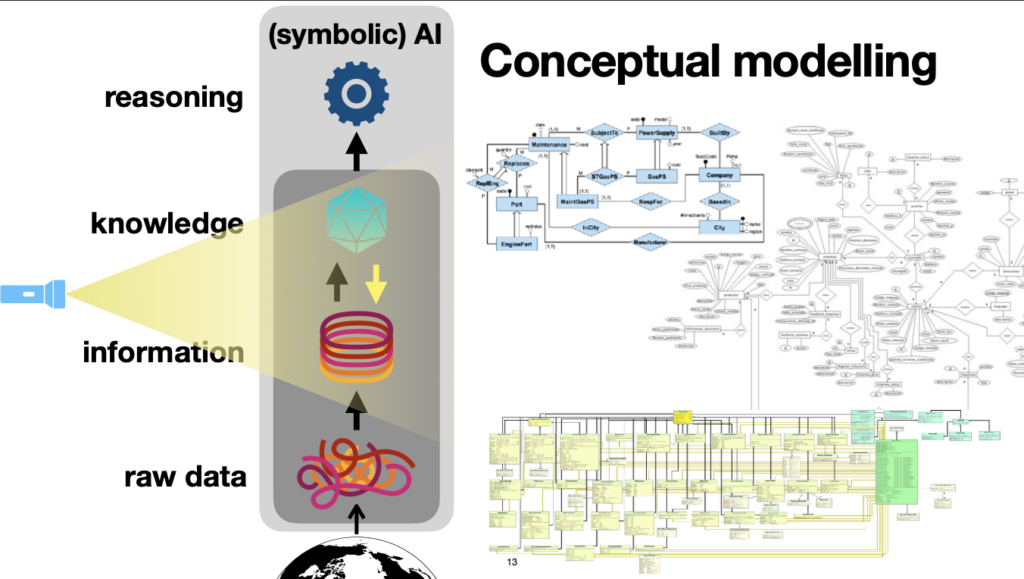
Research activities:
- Well-founded conceptual and cognitive modelling methodologies and tools, also grounded on direct access to data
- Analysis of ontological and cognitive adequacy of conceptual models
- Theoretical foundations of modelling temporally changing data streams
- Conceptual Modelling standards (W3C, OMG)
Researchers: A. Artale, E. Franconi, O. Kutz, N. Troquard
Collaborations: NOI TechPark, CNR-ISTC, FBK, Univ. Udine, Roma Sapienza, Bremen, Magdeburg, TU Dresden, Birkbeck, Liverpool, Edinburgh, Manchester, Oxford, Rutgers, Waterloo Canada
Applications: database design and software engineering, tourism, natural language understanding
Selected projects:
- EU COINVENT — Concept Invention Theory. Advancing the formal understanding of creativity by developing a computationally feasible, cognitively-inspired formal model of concept invention.
- AlpineBits Destination Data. Technology supporting the exchange of data on the tourism domain (with Dolomiti Superski) based on well founded semantic conceptualisations. Partners: NOI TechPark, AlpineBits Alliance.
Semantic data access at KRDB
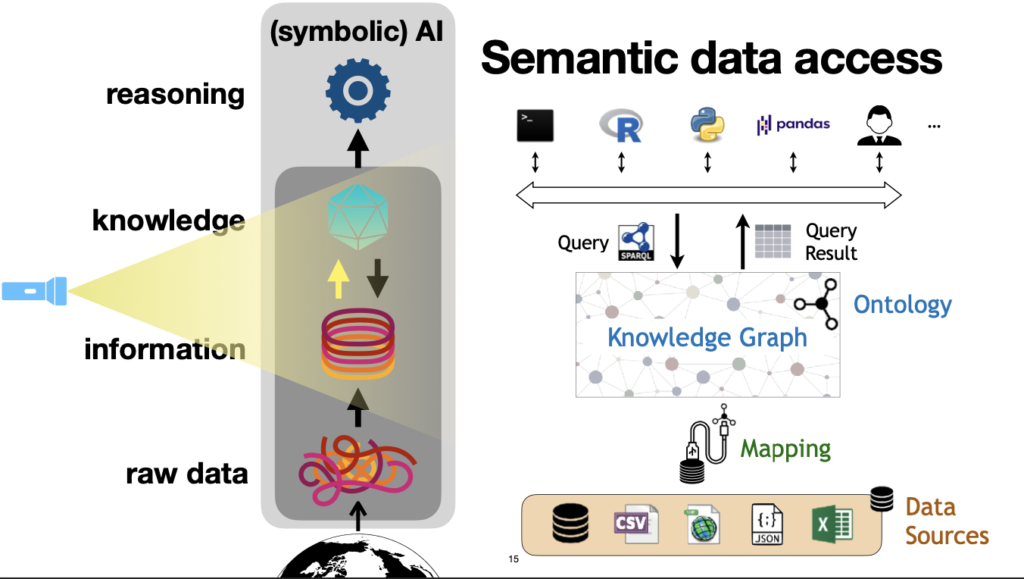
Research activities:
- Theoretical foundations and W3C standards for virtual knowledge graph (VKG) framework
- Development of VKG open-source system Ontop (with wide industrial adoption)
- Extensions for geo-spatial data, temporal data, web APIs, graph databases
Researchers: A. Artale, D. Calvanese, J. Corman, F. Corcoglioniti, E. Franconi, D. Lanti, A. Mosca, S. Tessaris
Collaborations: Sapienza Rome, TU Wien, TU Munich, Univ. Oslo, Bergen, Trondheim, Umeå, Birkbeck London, UPC Barcelona
Applications: energy, oil & gas, public administrations, scientific data, bio & medicine
Spin-off: Ontopic, a spin-off of the Free University of Bozen-Bolzano to develop innovative products and services in the field of data integration and data access through Virtual Knowledge Graphs.
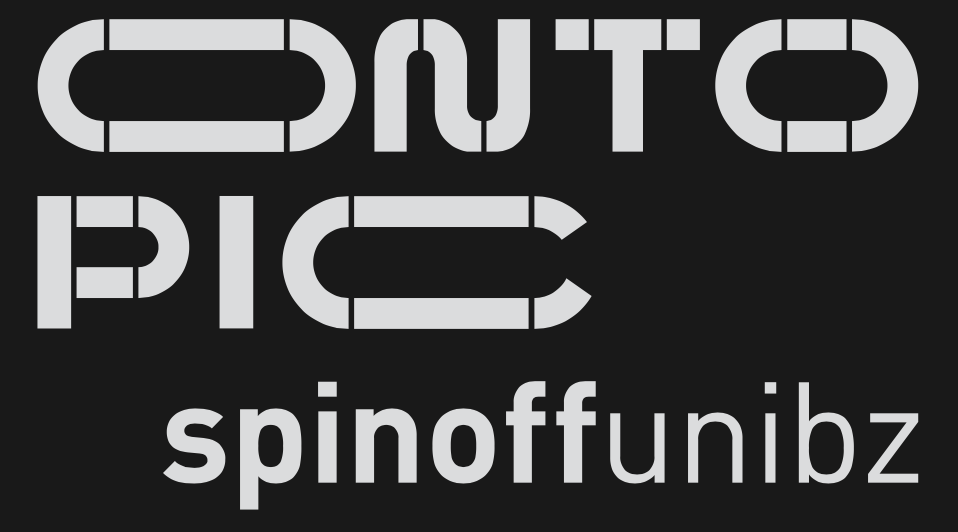
Selected projects:
- EU FP7 Optique — Scalable End-user Access to Big Data. Developed techniques and tools based on semantic technologies for integrated access to heterogeneous data. 5 academic and 4 industrial partners (including Siemens and Statoil).
- FESR IDEE — Integrating Data for Energy Efficiency. Developed a technological infrastructure for the integration of energy-related data about buildings. Partners: Alperia, R3GIS, Municipality of Merano provides use-case — collaboration ongoing.
BPM and process mining at KRDB
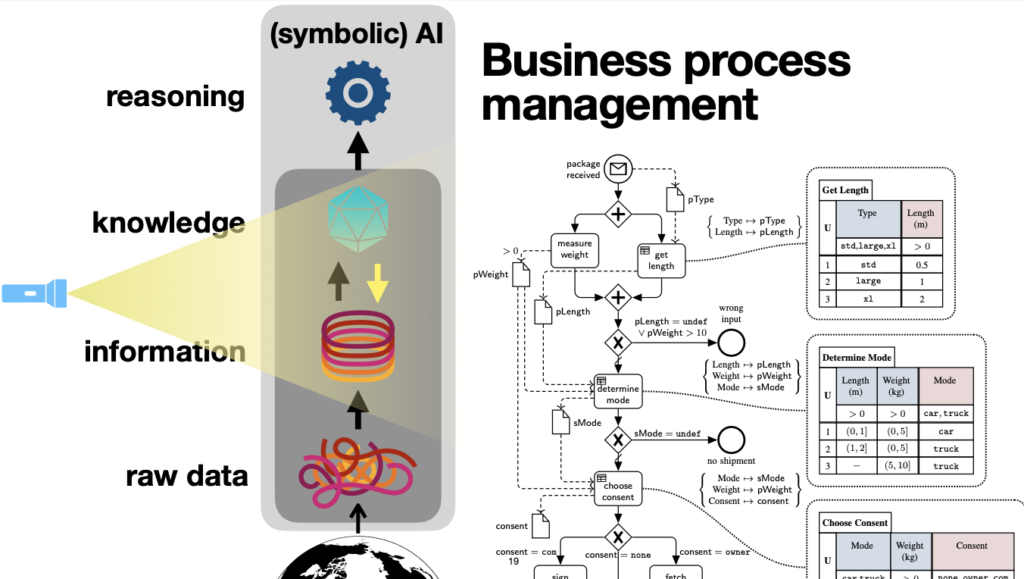
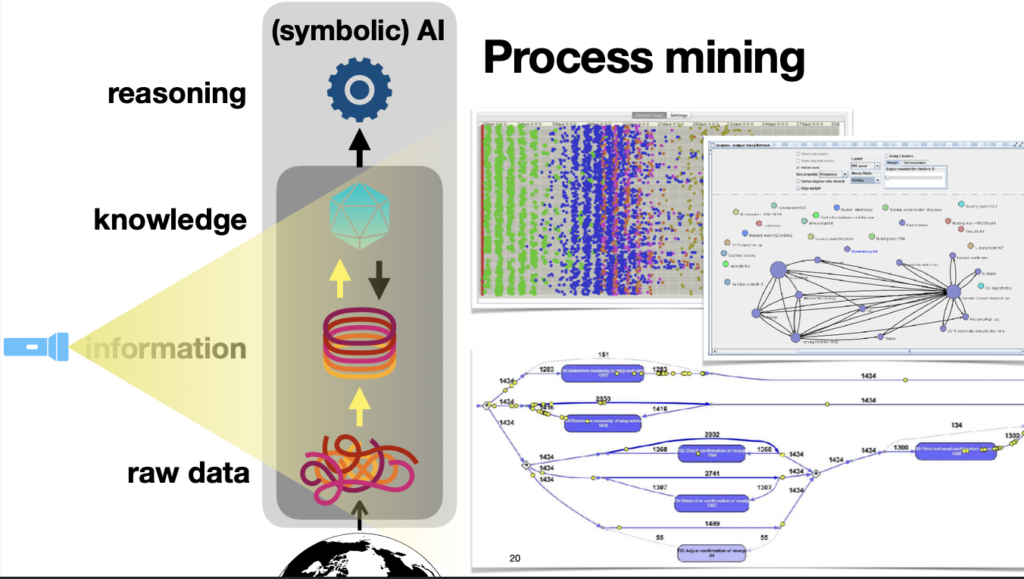
Research activities:
- Integrated languages for processes, data, and decision making
- Flexible approaches to BPM
- Data-aware process verification
- Reactive and predictive monitoring
- Extraction of process logs from data
- Conformance checking
- Identification of deviations
Researchers: A. Artale, D. Calvanese, I. Donadello, F. Maggi, M. Montali, W. Nutt, S. Tessaris
Collaborations: RWTH Aachen, TU Eindhoven, Univ. Twente, TU Munich, Technion Haifa, Univ. Tartu, Univ. Melbourne, Univ. Milano and PoliMi
Applications: manufacturing, healthcare, construction
Selected projects:
- PRIN PINPOINT — exPlaInable kNowledge-aware PrOcess INTelligence. Aims at developing a full-fledged set of techniques towards explainable, knowledge-aware process intelligence, to create auditable, verifiable, trustworthy process mining results. 1st ranked in Italy (PE6.7-PE6.10).
- unibz ID SmartAPP — Automated Process Planning in Cyber Physical Production Systems of Smart Factories. Aims at developing a proof-of-concept solution for automated process planning in smart factories.
Reasoning techniques and tools at KRDB
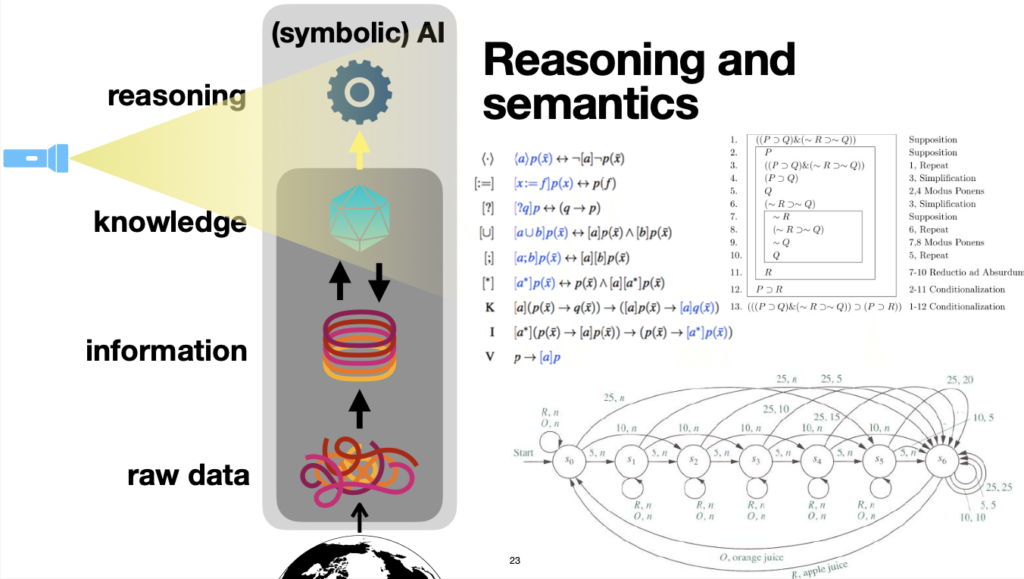
Research activities:
- Reasoning over ontologies
- Intelligent query answering
- Temporal reasoning
- Automated planning
- Formal verification of processes with data
- Reasoning over conceptual models
- Epistemic and agent-based reasoning
Researchers: A. Artale, D. Calvanese, E. Franconi, N. Gigante, O. Kutz, D. Lanti, M. Montali, W. Nutt, S. Tessaris, N. Troquard
Collaborations: Sapienza Rome, Univ. Milano, Rice Univ., Birkbeck London, Univ. Liverpool
Applications: in all domains
Selected projects:
- EU FP6 ACSI — Artifact-centric Service Interoperation. Developed a data-centric service interoperation framework, relying on techniques for formal verification of data-aware processes. 5 academic and 3 industrial partners.
- PRIN HOPE — High quality Open data Publishing and Enrichment. Aims at developing an innovative methodology and associated tools for managing privacy-preserving open data, relying on advanced reasoning services. 4 Italian universities.

